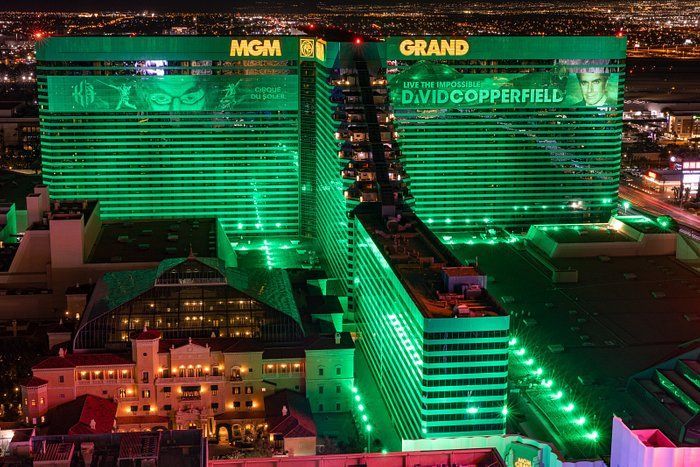The ambitious plans of Las Vegas's largest corporation, MGM Resorts International, include expansion into Osaka and Dubai, as shared by Bill Hornbuckle, the CEO, and president, a brilliant leader renowned for his global achievements.
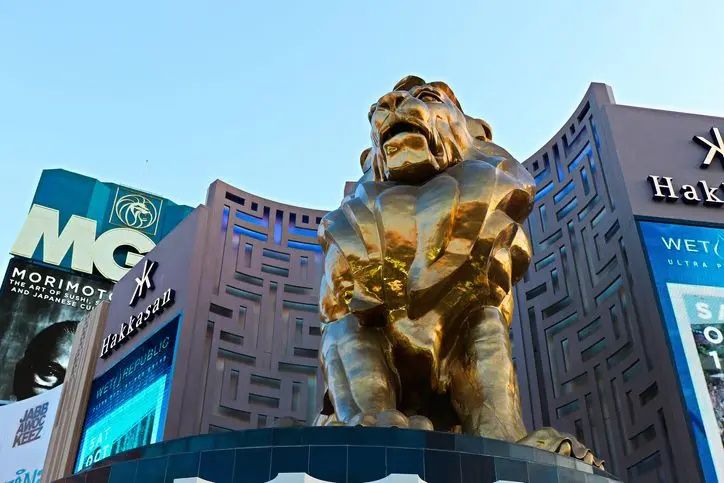
Analysts and experts note the transformative impact of Bill Hornbuckle's tenure in the gambling business on Las Vegas, MGM Resorts' hometown. Hornbuckle, successfully elevating Las Vegas's developed gambling industry, now directs the company's focus towards international development and online promotion. With years of experience, the CEO navigated MGM Resorts into the Macau gambling market and plans further conquests in the Asian and Middle Eastern markets after his success in China.
MGM Resorts gazes Eastward
In April, Japan's Ministry of Land Management, Infrastructure, Transport, and Tourism greenlit a $10 billion integrated resort plan in Osaka. Following extensive negotiations, an agreement with Osaka Prefecture was finalized, marking the commencement of MGM's facility construction.
Opportunities for integrating the gambling business in the United Arab Emirates have expanded. The historic agreement with Wynn in Ras al-Khaimah, the first of its kind in a Muslim country, garnered support from the UAE's General Commercial Gambling Regulatory Authority (GCGRA), paving the way for casino resorts in other Emirates.
MGM is setting its sights on Dubai, Hornbuckle affirmed. “We believe that over time we will be able to obtain three or four licenses to open gambling houses in the Emirates. We will be very patient in this matter, ready to wait.”
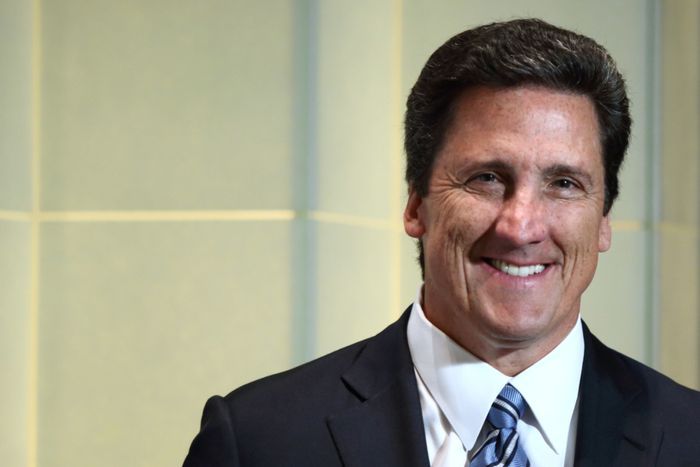
A non-gambling project in Dubai, featuring the participation of Bellagio, MGM Grand, and ARIA brands, is underway. The plan involves creating a luxurious entertainment complex on Jumeirah Beach in Porto Island, aiming to evolve into a prestigious integrated resort with a casino.
Despite the challenges, even a corporation as substantial as MGM Resorts has limited opportunities. The 12-year contractual culmination for the construction of a large hotel complex with a casino in Osaka exemplifies the intricacies involved. Hornbuckle emphasizes MGM's expertise in large-scale integrated resorts, particularly in Japan's $10 billion projects, aiming to bring this branding and experience globally.
“What we do best is large-scale integrated resorts, which in the case of Japan are $10 billion projects,” explains Bill Hornbuckle. “If we wanted to do the Bellagio, it would probably be a $9 billion project. That's what we're doing. This is what we are good at. This is the kind of branding and experience that we want to bring to every country in the world.”
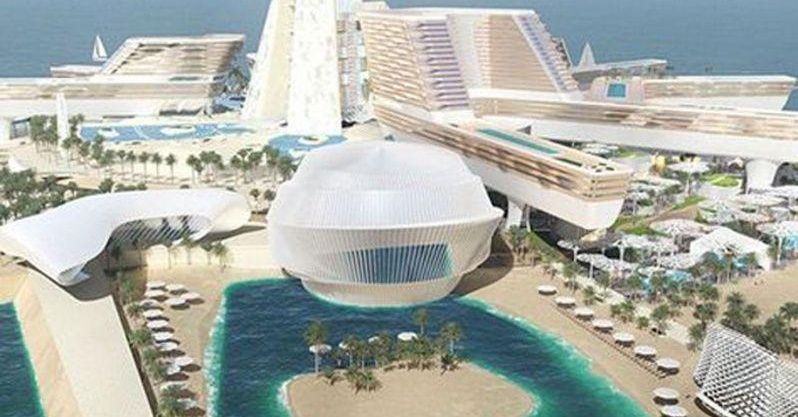
Taxation in MGM's current jurisdictions varies from 7% in Macau to 30% in Japan. Hornbuckle asserts that anything beyond these levels becomes prohibitively expensive.
European investment: A distant prospect
MGM Resorts expresses reluctance to invest in terrestrial Europe, citing unfavourable tax environments and misalignment with their preferred format.
“The problem we face in Europe is that there are a lot of small operators interested in the industry that exists today. They don’t want to change anything; they are satisfied with the work scheme that has already been established and make money from it. This is not our format,” explains Hornbuckle. “And the tax environment is not conducive to the kinds of things we would like to do. If a unique project came along, we would be interested in it - although I can't name any; it must be something completely unusual, then we would invest despite the high taxation.”
Past interest sparked by the UK's abandoned plans for "super casinos" in the early 2000s highlights the challenges faced. Although the UK project was meticulously studied for three years, it ultimately fell apart without regrets, reflecting the dynamic nature of business decisions.
“We were in Sheffield, we were in Liverpool, we were everywhere,” he recalls. We looked at a Sheffield shopping center site and potential locations in Scotland - Glasgow and Edinburgh - as the plans were big and the tax regime was viable. It seemed like he would let us do what we do best. Then, as you know, everything fell apart. Do we regret anything? No, damn it! This does not mean at all that the company regrets mistakes or projects that were not implemented. “Sometimes you're right, sometimes you're wrong—that's life,” Hornbuckle says.
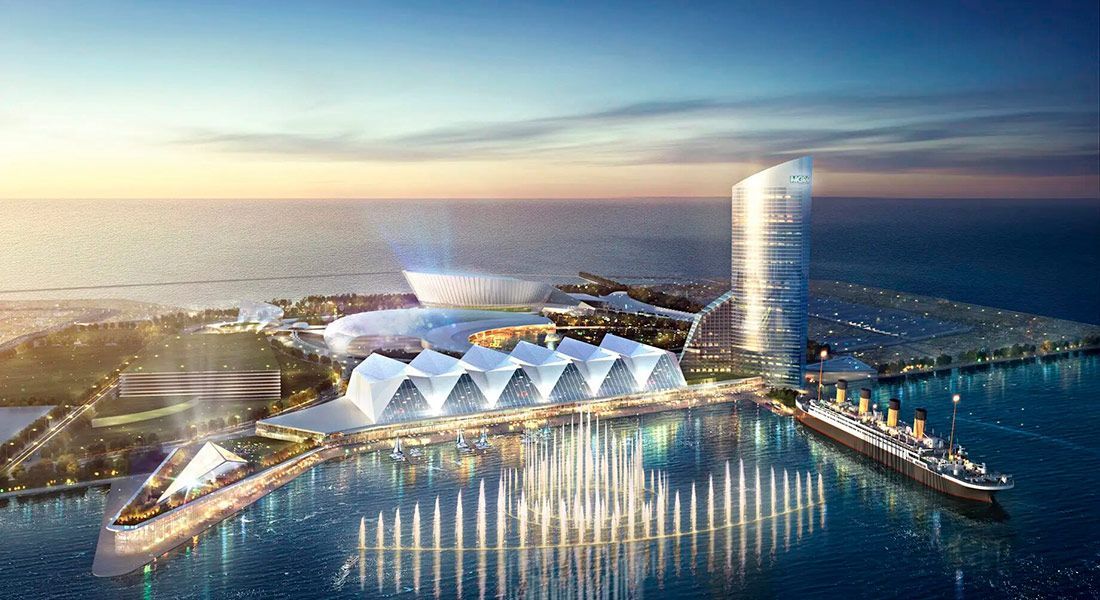
Japan, despite its initial perceived risk, proved successful for MGM Resorts. Hornbuckle views it as a valuable experience, showcasing the potential to replicate $10 billion integrated resorts worldwide. “But if you take a step back, nothing will come of it. I run a $30 billion a year business. Osaka alone has a turnover of almost $3-4 billion, and 19 million people live there,” explains Hornbuckle. “The lessons you learn from all these projects [we are working on] can be taken elsewhere and create a $10 billion integrated resort that will attract locals and international visitors. And as a result, the business will develop, including through mistakes.”
Digital expansion and BetMGM
While the dream of a land-based casino in Europe remains elusive, MGM Resorts has already set foot on the continent. Following the $604 million acquisition of LeoVegas, the BetMGM brand, excluding US joint venture partner Entain, made its debut in the UK with a high-profile campaign featuring Chris Rock. The acclaimed actor is now the face of the UK launch of BETMGM.
MGM's plan is to create "the world's leading gaming entertainment company," but with limited options for large-scale properties, Hornbuckle sees online as MGM's new frontier.
"The idea is that when you think about investing in gambling, you look for a premium company that has great locations and is well diversified," he says. If you think about our company, we are based in Las Vegas, we have significant assets in Asia and domestic assets in regional markets that generate a lot of money; we generate just over $1 billion a year in cash flow in our regional business.”
“Now through BetMGM, both domestically and ultimately through what we're doing with LeoVegas - whether it's in Europe, Canada or South America - we want to diversify digitally. We believe this is a meaningful way to continue serving clients 365 days a year.”
The average visitor to Vegas comes 1-2 times a year. Hornbuckle aims to provide them with a digital rendition of their MGM Vegas experience, creating a comprehensive ecosystem—a parallel reality mirroring the Vegas hotel and casino. This strategy is geared towards distinguishing their business from online-only competitors. Essentially, BetMGM in Europe, and subsequently Latin America, is envisaged to fulfil a role similar to its regional US properties.
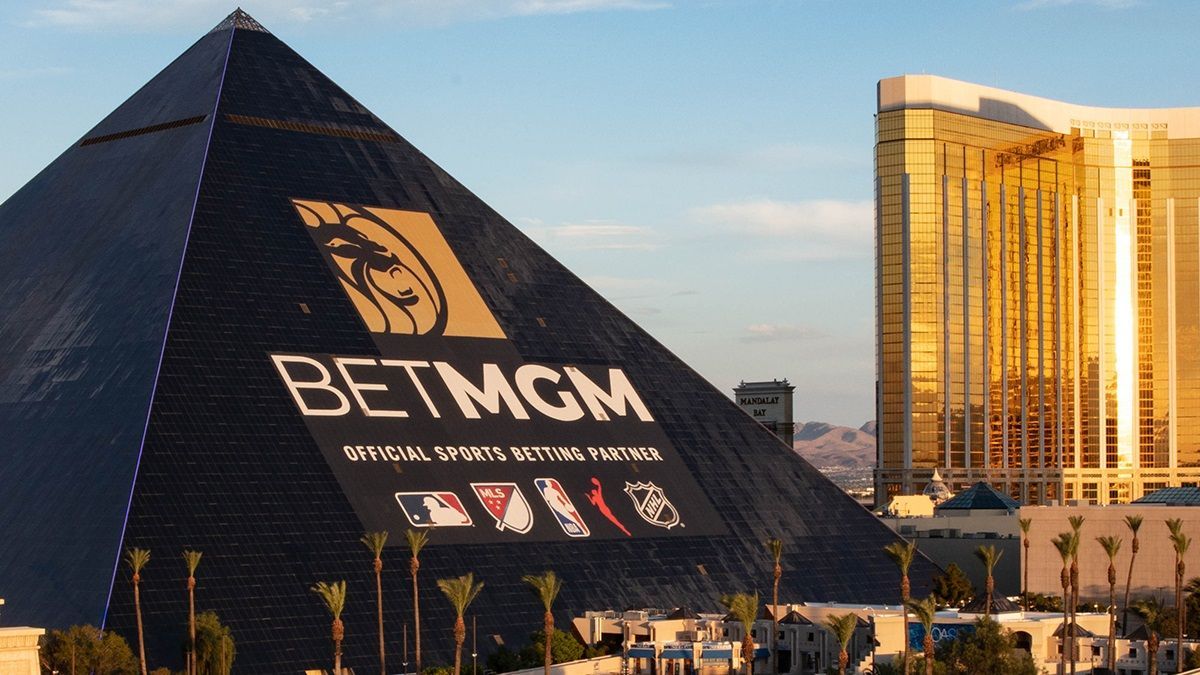
Scaling for Online Promotion
The acquisition of gaming studio Push Gaming in May, driven by the desire to create a distinct digital offering, facilitates the creation of exclusive content.
“Games can be operated digitally, offering unique experiences,” Hornbuckle notes. “Consider if the jackpots we generated from the game could be accessible not only in Vegas but anywhere globally.”
“The notion of creating our games is pivotal in powering our digital assets and our physical assets, ultimately connecting them all.”
All Roads Lead to Las Vegas
“The gaming offering is ultimately critical to attracting customers to MGM Resorts properties. Products become ubiquitous and over time the consumer gets used to them. After all, you can do so much on the small screen!” says Hornbuckle.
Because MGM Resorts competes in multiple parts of the gaming industry and in completely different countries, not to mention its native Las Vegas, it still has a lot of work to do. The Japanese project, after many years of painstaking work and legislative delays, is finally becoming a reality. At the same time, unique opportunities are emerging in the UAE. Then there's digital expansion, where there's a chance to replicate BetMGM's success in the US by disrupting the European and Latin American markets.
"If this strategy works, great," Hornbuckle says. “If not, then it will be on my conscience.”
